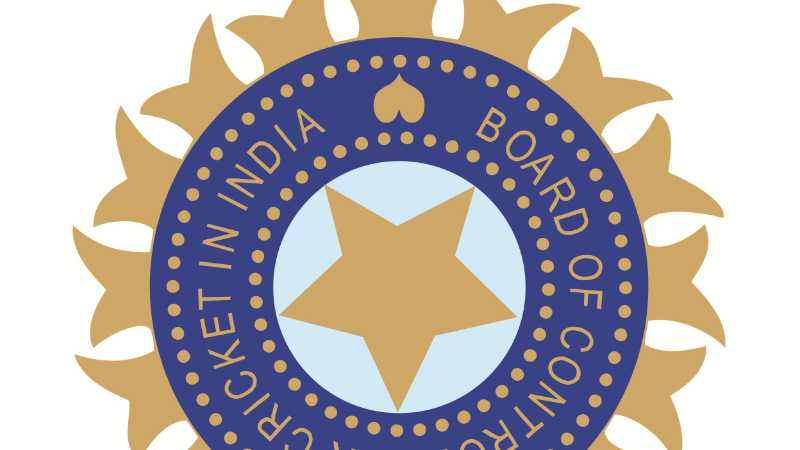The Supreme Court has said that the Board of Control for Cricket in India (BCCI) is considered a “shop.” The court acted under the notification issued by the Government of Maharashtra dated September 18, 1978.
The court said the BCCI had been engaged in systematic commercial activities as a profit-earning institution and providing entertainment to the customers by selling tickets for the matches, (the match itself being the primary entertainment), and receiving the income from both the international tour and the Indian Premier League (IPL). As a result, the board is required to pass the benefits to its employees by applying the Employees State Insurance (ESI) act to the wages paid to the coverable employees.
According to the Supreme Court, ESI ACT is welfare legislation enacted by the Centre, and the traditional meaning of words such as “shop” should not be used and attached in the Act, as it aims to protect the employees from various risks to their life, health, and well-being. Therefore, the charges and responsibilities should fall to the employer.
Application of ESI Act on BCCI
Bench justices MR Shah and P.S. Narasimha insisted that ESI Court or the top court did not mistake in considering the BCCI as a shop.
"Considering the systematic activities being carried out by the BCCI namely, selling of tickets of cricket matches; providing entertainment; rendering the services for a price; receiving the income from international tours and the income from the Indian Premier League, the ESI Court, as well as the High Court, have rightly concluded that the BCCI is carrying out systematic economic commercial activities and, therefore, the BCCI can be said to be 'shop' for the purposes of attracting the provisions of ESI Act," the bench representative said.
The Supreme Court concluded that the BCCI's activity was to encourage sports, specifically cricket, which was considered to be the entertainment for audience and the main service for the customers (audience or sports fans). Therefore, the definition of “shop” and be interpreted in its traditional sense since it would not serve the purpose of the ESI Act.
“It is also required to be noted that while holding so, the High Court has also taken into consideration the relevant clauses of the Memorandum of Association of the BCCI to come to the conclusion that the activities of the BCCI can be said to be systematic commercial activities providing entertainment by selling tickets, etc. The Memorandum of Association as a whole is required to be considered."
Therefore, the bench representative said that they would not interfere with the regulation and order set by the High Court as well as the ESI Court with full cooperation.
“In view of the above and for the reasons stated above, we see no reason to interfere with the impugned judgement and order passed by the High Court as well as the ESI Court. As such, we are in complete agreement with the view taken by the High Court. The special leave petitions stand dismissed accordingly,” the bench representative said.


